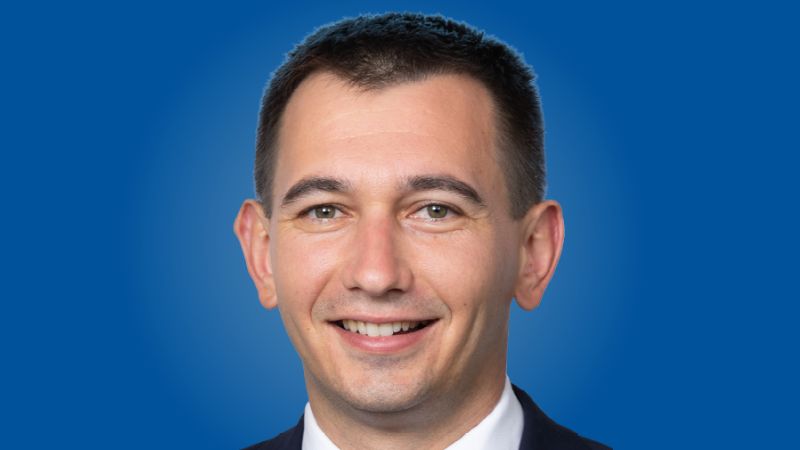The New Zealand government has announced that it banning new prescriptions for puberty blocking drugs in the treatment of gender dysphoria in young people.
Health Minister Simeon Brown said the ban was the result of a cabinet decision to “introduce new safeguards on the prescribing of gonadotropin-releasing hormone analogues, while ensuring patients with medical needs can continue to access appropriate care.”
“We are putting in place stronger safeguards so families can have confidence that any treatment is clinically sound and in the best interests of the young person or child.” the minister said.

Brown said that while the medication would no longer be prescribed in the treatment of gender dysphoria, they would still be available for use in a wide range of other medical conditions.
“Gonadotropin-releasing hormone analogues play an important role in treating a range of medical conditions. We are ensuring they remain available for patients who need them for conditions such as early-onset puberty, endometriosis, or prostate cancer, where there is strong clinical evidence of benefit.”
The Ministry of Health’s evidence brief found that there is a lack of high-quality evidence that demonstrates the benefits or risks of the use of gonadotropin-releasing hormone analogues for the treatment of gender dysphoria or incongruence. The New Zealand government said while this uncertainty persists, they would be installing the ban as a precautionary approach.
The ban will be in place until the results of clinical trial in the United Kingdom in released. The government cited the United Kingdom’s Cass Review as a major factor in their brief of evidence. The review was recently criticised by Australian and international researchers. While the United Kingdom announced last year it would be developing new clinical trials, to date to new work has commenced.
“These changes will ensure a more consistent and carefully monitored approach. This mirrors steps taken in other countries, such as the United Kingdom, Finland, Norway, and Sweden, where additional safeguards have recently been implemented to ensure decisions are made in line with the best available evidence,” Brown said.
The government said the new approach “will not impact patients currently receiving gonadotropin-releasing hormone analogues for the treatment of gender dysphoria or incongruence, with changes applying only to new cases going forward.”
“The Government expects existing youth gender services to continue supporting young people and their families, connecting them with healthcare professionals who have specialised expertise and can provide evidence-based guidance.
“These changes are about ensuring treatments are safe and carefully managed, while maintaining access to care for those who need it.” the Minister said.
The government said there were currently 113 people using the medication in 2023, which is a reduction from 140 in 2021.
Elizabeth McElrea, the vice-president of the Professional Association for Transgender Health Aotearoa, said in a statement that the decision would have a big impact on young people who are transgender.
“The ban will lead to worsening mental health, increased suicidality and dysphoria for gender diverse children and young people,” McElrea said.

The decision has also been criticised by Shanan Halbert, the oppositions spokesperson on rainbow issues. Labour member Halbert said the decisions on medical treatment should be made by doctors, young people and their parents – not politicians.
“Their care shouldn’t be used as an ideological football.” Halbert said calling on the government to provide suitable support for those affected by the decision.
The New Zealand decision has been welcomed by the Australian Christians party who have been campaigning for a similar ban in Western Australia.
“Australia needs to pay attention. It is time for every State and Territory to stop giving puberty blockers and cross-sex hormones to minors and put children’s safety first.” Groenewald said in a social media post.





